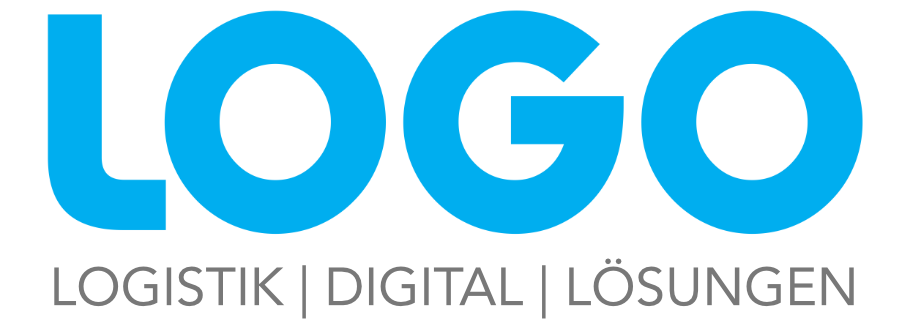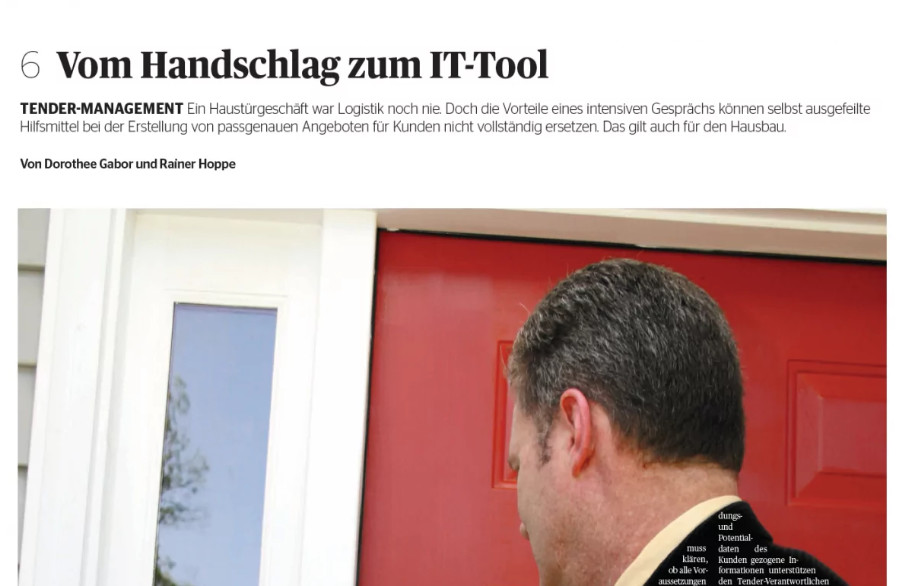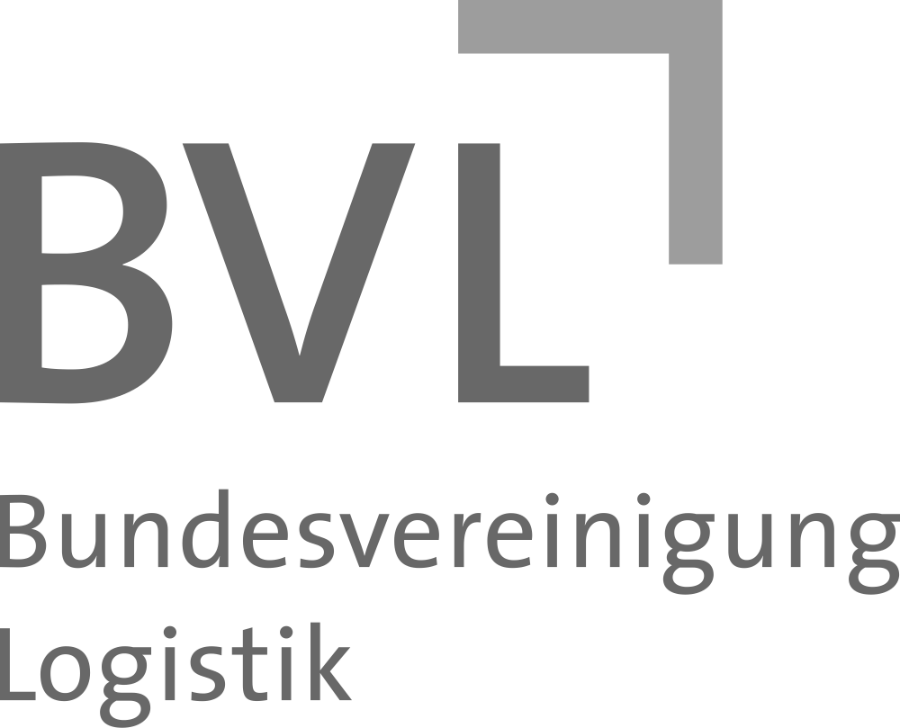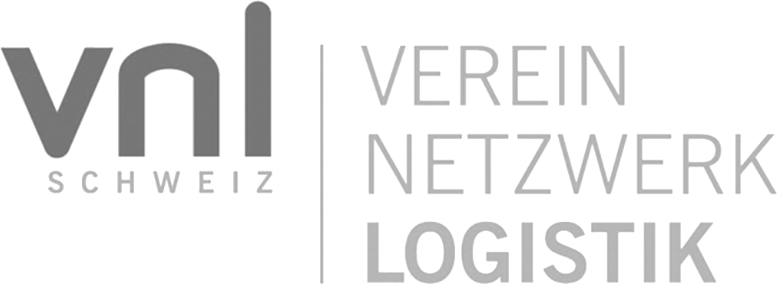A study by the management consultancy MUUH! consulting GmbH shows that in 60% of the cases, respondents state that they had expected more from the CRM introduction.
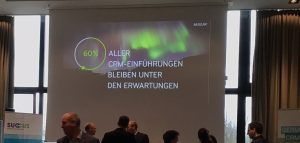
Expectations of CRM projects
What are the reasons for this and what factors contribute to the success of a CRM introduction and to a good anchoring of CRM processes in the corporate culture?
As a consultant in logistics CRM projects, it is of great concern to me to make it clear to companies what they can and cannot expect from a CRM tool even before they decide on a CRM system. In the meantime, most decision-makers and managers have realized that merely acquiring CRM software is not enough.
CRM is in itself a management strategy and not software.
Customer Relationship Management is a strategy for customer-centric action throughout the company and at every point of contact with customers and prospects.
The focus should be on the needs of the customer, not on how easy a deal is for the company to do or how much profit it generates.
In most organizations, this means significant rethinking and process adjustments.
Let’s take a detailed look at which functions and aspects of CRM systems the study participants were satisfied with and how they rated their importance.
Satisfaction and importance of individual aspects of CRM systems
The following info-graphic shows which functions were particularly important to the respondents and how satisfied they were with their chosen CRM system. Almost 50% of the study participants rate their satisfaction with the individual aspects as “very satisfied”:
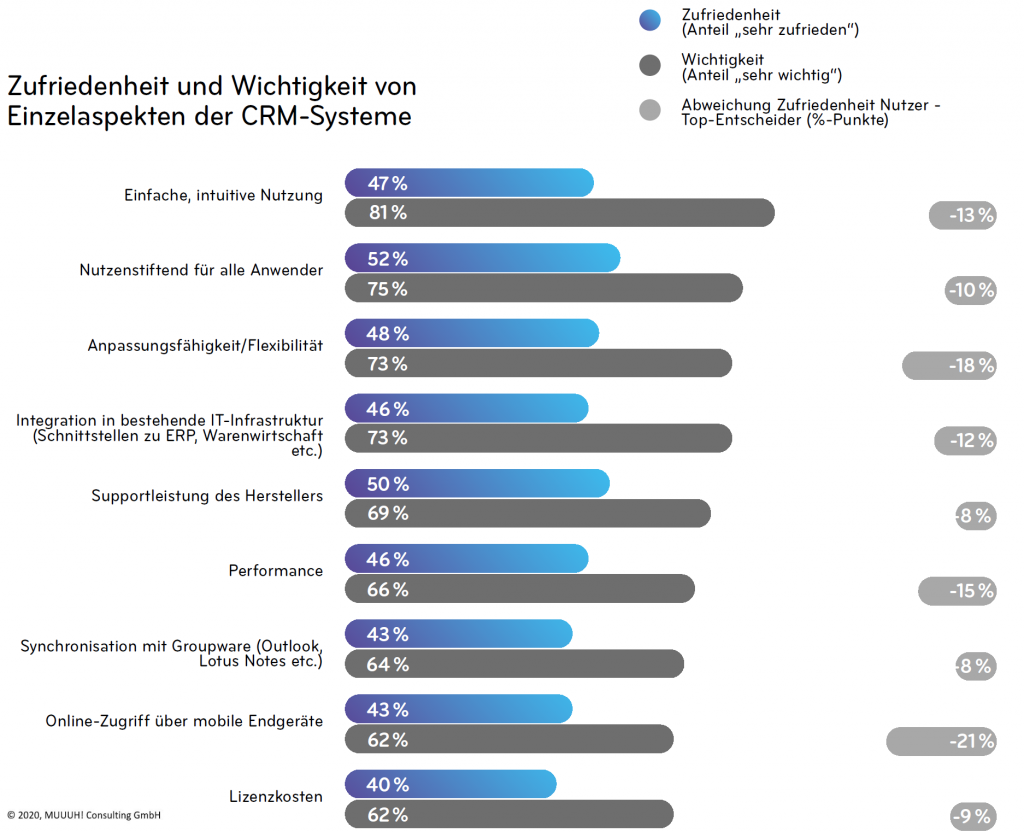
Satisfaction with CRM system components:
The second info-graphic shows that satisfaction with the individual CRM components is basically high:
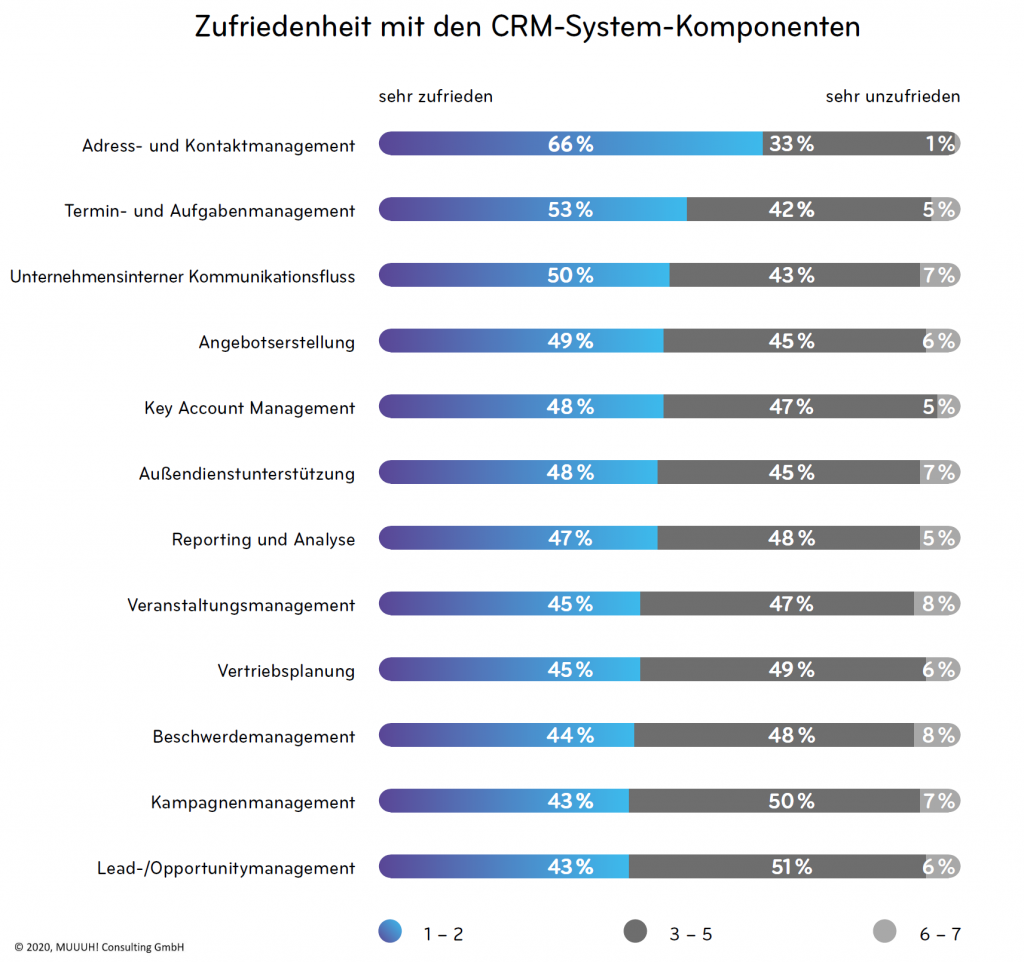
Nevertheless, 60% of respondents state that their expectations were not quite met by the CRM introduction. What is the reason for this and which factors are mentioned particularly frequently?
A CRM project always means change management.
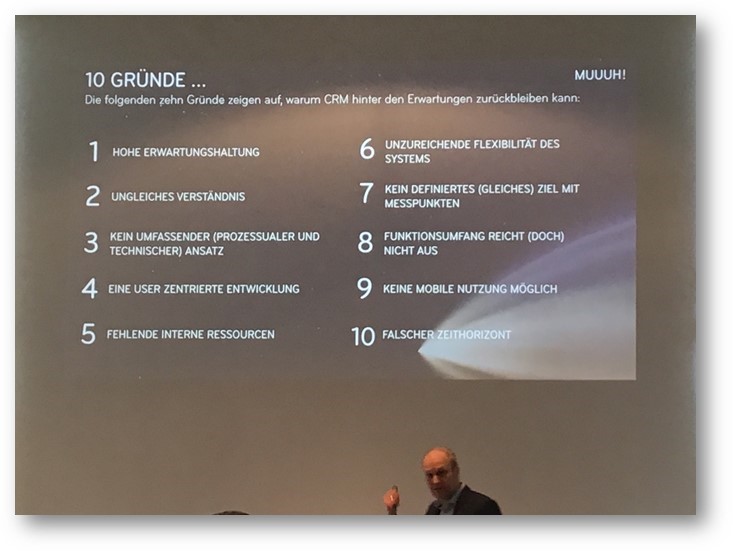
In a survey of more than 830 participants, 19% of whom were top decision makers, 55% CRM users (employees) and 26% CRM project managers, various reasons were given. During a presentation at the German CRM Forum 2020 in Munich, MUUUH! presented some results that I have also often encountered in my practice.
Expectations of the effects of CRM implementation are too high.
Different areas are affected here: Some managers expect a noticeable increase in sales and a measurable increase in the proportion of new customers after a few months.
Some sales managers expect their employees to use the new tool with enthusiasm and to store all information in a structured manner.
Some salespeople expect to make more sales almost by themselves, without any extra work.
And very often it is underestimated how many internal resources an organization has to spend to successfully adapt a CRM tool to its own needs and to anchor it step by step with the employees.
Unequal understanding
Some CRM vendors and CRM consultants use technical terms unfamiliar to the project team and assume extensive knowledge of CRM processes. However, models such as a customer life cycle, a customer journey, or a sales stage analysis are uncharted territory for companies that have not had a CRM strategy before and have not used a CRM tool.
I have often encountered uneven understanding in the other direction as well: The company believes that processes implemented at their company are absolutely standard. For them, it is a matter of course that the CRM tool maps the processes in exactly the same way. Sometimes this is not even discussed in the coordination meetings because the company’s own procedure is regarded as standard.
No comprehensive (process and technical) approach
I have often been confronted with this problem as well. The company has decided “we’ll just start with the basic functions, and everything else will fall into place”. So the users don’t have a real goal in mind and don’t even understand the relevance of the data they are collecting. In the worst case, they just feel controlled and try to work past the system. Or the company expects users to work with all functions immediately, but they are overwhelmed by this and quickly frustrated.
Or the technical approach is not mature. This happens again and again. The CRM is introduced as an isolated solution, without connection to other systems, another “data silo” is opened up, multiple entries are necessary, evaluations are extremely time-consuming. Or the mobile use of the CRM is prevented for various reasons, so that the employees can only access the customer data in a time-consuming manner when they are not in the office.
When a comprehensive approach is in place, there is an integration concept, a clear step-by-step plan, a good training concept, and regular feedback rounds with users to discuss their entries.
A user-centric development
This point may surprise some readers. Isn’t a user-centric implementation what you want? From my experience I can say – only partially. Of course, users must be satisfied and their workflows must be smart to handle.
But if the focus of implementation and use is only on the needs of the users and not on the business goals and the CRM strategy, the focus is often set wrong. I have experienced CRM projects in which major strategically important innovations could not be implemented because the users could not see the sense of them or feared having to do more work to capture information. Fear of control also inhibits some meaningful development.
The mix makes the difference. The system must be easy for users to use, and they must understand why some of their work time must be invested in data maintenance to achieve business goals.
Lack of internal resources
Anyone who thinks that with good software and a good consulting firm it is possible to implement a CRM project without internal resources is unfortunately mistaken. In the implementation phase, internal agreements on details of use and configuration are always necessary. An implementation project needs a project manager with good communication skills. It must be someone who also has the standing to enforce deadlines internally and to moderate coordination. A modern CRM is expected to allow its own employees to make many adjustments themselves without having to contact the manufacturer. Conversely, this means that the company’s own employees must also have the time to deal with the requirements and make the adjustments.
Unfortunately, I have often experienced that an employee or even the sales manager himself had to manage the CRM project “on top”, i.e. in addition to all other tasks. In such a constellation, delays are pre-programmed, because a sales manager has other tasks and should only decide strategically where the journey is going, but not bear the responsibility for carrying out the implementation.
We have had very good experiences with dual students who accompany and document the implementation and integration of a CRM tool in a logistics company as part of their bachelor’s or master’s thesis. Often from the evaluation of the tools to the implementation.
Those who read the title of this blog may have expected completely different issues, which lead to the fact that 60% of the respondents were not completely satisfied with their CRM projects.
Technical aspects are rarely the reason for dissatisfaction
You may have expected that the technical implementation fell short of expectations. Or that the application wasn’t fast enough and that’s why employees didn’t like working with it. Or that the software had many bugs.
Just 10 years ago, these would have been some of the top reasons. But that has actually changed massively. Today, software is so stable, so mature, and the technical infrastructure so good that these topics do not even make it into the top 10 reasons.
The following were named in places 6-10
“Insufficient flexibility of the system”
“No defined (same goal) with the measuring points”
“Functional scope is not sufficient (after all)”
“No mobile use possible”
“Wrong time horizon”
The above 10 points show that with a good software selection, sufficient resources and clear goal definition, many obstacles can be circumvented.
My claim for consulting meetings is to address these critical issues in advance and to create a good basis for CRM projects that are later evaluated positively by the customers.
This post was published on 20.04.2021 in the BVL-Blog.
